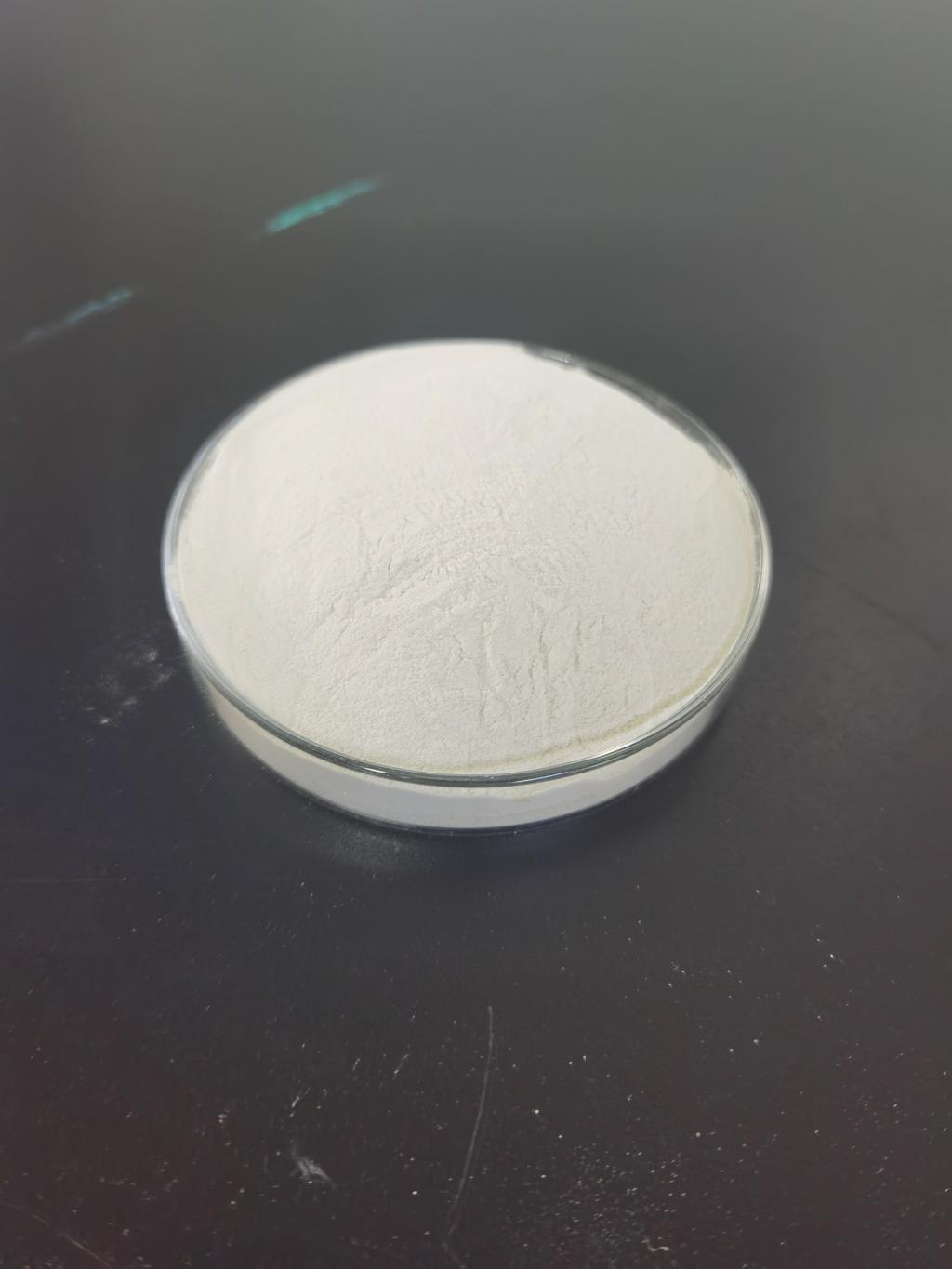Tel:+8618231198596

News
 CONTACT
CONTACT
 CONTACT
CONTACT
- Linkman:Linda Yao
- Tel: +8618231198596
- Email:linda.yao@dcpharma.cn
- Linkman:CHARLES.WANG
- Department:Overseas
- Tel: 0086 0311-85537378 0086 0311-85539701
News
Are there any potential side effects or allergic reactions to Nisin?
TIME:2023-03-15
Despite its safety, there have been some concerns about the potential side effects and allergic reactions associated with nisin. In this article, we will explore the possible adverse effects of nisin and the evidence supporting their occurrence.
Gastrointestinal side effects
Nisin is commonly used as a food preservative in processed meats, dairy products, and canned foods. Some studies have suggested that consuming foods containing nisin may lead to gastrointestinal side effects, such as diarrhea, nausea, and abdominal pain. However, these studies have generally been conducted in animals, and there is limited evidence to suggest that nisin causes gastrointestinal side effects in humans.
One study published in the Journal of Agricultural and Food Chemistry found that nisin did not cause any adverse gastrointestinal effects in human volunteers who consumed nisin-enriched milk for 21 days. Another study published in the Journal of Food Science and Technology found that nisin was well tolerated in human volunteers who consumed nisin-enriched cheese for six weeks.
Allergic reactions
Allergic reactions to nisin have been reported, although they are rare. In most cases, allergic reactions to nisin are mild and involve skin rash, hives, and itching. However, in rare cases, allergic reactions to nisin can be severe and even life-threatening.
A study published in the Journal of Allergy and Clinical Immunology reported a case of anaphylaxis (a severe allergic reaction) in a patient who had a history of food allergy to milk and who was exposed to nisin in a processed cheese product. The patient experienced symptoms such as difficulty breathing, swelling of the face and throat, and low blood pressure, which required emergency medical treatment.
Antibiotic resistance
Another concern associated with the use of nisin is the potential development of antibiotic resistance. Antibiotic resistance is a global public health threat, and the overuse of antibiotics in agriculture and animal husbandry is a major contributor to the problem. Some experts have raised concerns that the widespread use of nisin as a food preservative could contribute to the development of antibiotic resistance.
However, studies have shown that nisin-resistant bacteria are relatively rare, and the risk of nisin contributing to antibiotic resistance is low. One study published in the Journal of Applied Microbiology found that nisin-resistant bacteria were only found in a small percentage of food samples tested, and the resistance was not found to be transferable to other bacteria.
Other potential side effects
There have been some reports of other potential side effects associated with nisin, although the evidence is limited. For example, one study published in the Journal of Food Science and Technology reported that high doses of nisin caused liver damage in rats. However, the doses used in this study were much higher than the typical doses used in food preservation.
Another study published in the Journal of Agricultural and Food Chemistry found that nisin could decrease the absorption of certain nutrients, such as iron, calcium, and zinc, in the intestines of rats. However, the relevance of these findings to humans is unclear.
Conclusion
Nisin is a natural and effective antimicrobial peptide that is widely used as a food preservative. While there have been some concerns about the potential side effects and allergic reactions associated with nisin, the evidence suggests that these risks are relatively low. Overall, Nisin is generally regarded as safe by regulatory agencies, including the FDA, and has been extensively studied for its safety and efficacy as a food preservative. The benefits of using nisin in food preservation include reducing the risk of foodborne illnesses and increasing the shelf life of foods, which can help to reduce food waste.
However, as with any food additive, it is important to use nisin in moderation and follow recommended guidelines for use. In addition, individuals who have a history of food allergies should be aware of the potential for allergic reactions to nisin and should avoid consuming foods that contain nisin if they have a known allergy.
Overall, the available evidence suggests that nisin is a safe and effective food preservative that can be used to improve food safety and reduce food waste. However, continued monitoring and research are necessary to ensure the continued safety and efficacy of nisin as a food preservative.
- Tel:+8618231198596
- Whatsapp:18231198596
- Chat With Skype







